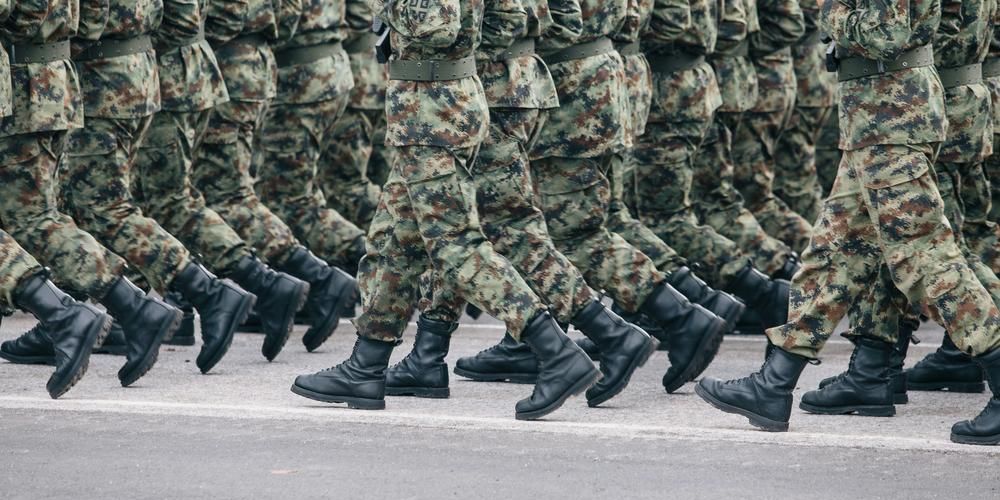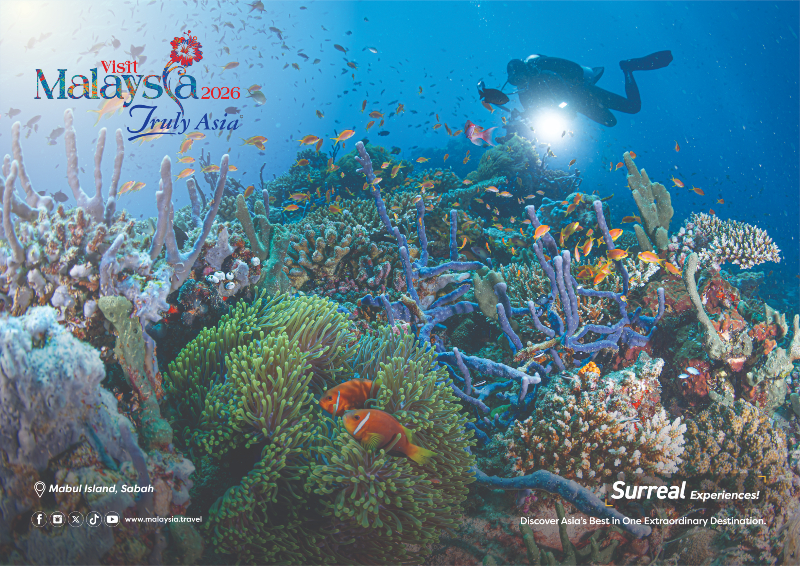A major new survey has revealed that concerns about safety in the Middle East, Mediterranean and parts of Europe were already widespread among international travellers before the recent Israel–Iran conflict — and the subsequent ceasefire has done little to restore confidence.
The Global Rescue Summer 2025 Traveler Safety and Sentiment Survey gathered responses from more than 1,100 current and former Global Rescue members between 8–12 April 2025, focusing on their behaviours, attitudes and preferences regarding current and future travel.
The findings reveal high levels of caution that continue to shape travel decisions in the wake of escalating tensions.
An overwhelming 78% of respondents said they were either “very concerned” or “somewhat concerned” about the impact of geopolitical instability on their travel plans for the rest of 2025.
While only 6% of travellers have cancelled or changed plans so far, 12% are delaying decisions until conditions stabilise. A significant 42% are actively avoiding specific countries, and 40% are monitoring the situation closely before deciding.
“Even after a ceasefire, the impact on traveller psychology lingers,” said Dan Richards, CEO of Global Rescue. “People are weighing risk more carefully, and safety continues to drive travel decisions.”
Women More Cautious Than Men
The survey also highlighted a clear gender divide in risk perception. Over a third of women (35%) reported being “very concerned” about safety in the region — nearly double the figure for men (19%).
More than half of women (52%) said they are actively avoiding certain countries, compared to 39% of men. Women were also more likely to delay travel decisions (16% vs 11%), while men were more than twice as likely to say they had no concerns (22% vs 9%).
“Ceasefires help reduce immediate risk, but they don’t erase long-standing safety perceptions,” Richards added. “Women, in particular, remain highly aware of how geopolitical instability can affect their safety abroad.”
Global Concern Regardless of Nationality
Caution isn’t limited to one nationality. Among American travellers, 23% said they were “very concerned” and 56% “somewhat concerned” about travel risks in the Middle East, Mediterranean and Europe for the rest of 2025.
Non-U.S. travellers showed near-identical levels of concern (23% and 55%, respectively).
When it comes to avoiding destinations, 43% of Americans are steering clear of certain countries, compared to 38% of non-U.S. travellers. However, non-U.S. travellers were slightly more likely to say the conflict doesn’t influence their plans (15% vs 11%).
“Even in periods of calm, travellers are taking a measured approach,” Richards said. “They understand that the return to normal travel conditions often lags behind political developments.”
Surge in Security Memberships
In line with rising anxiety, security membership purchases among frequent and experienced travellers have jumped.
Year-to-date purchases in 2025 are up 26% compared to the same period in 2024, with a dramatic 41% surge recorded during the week of 16–22 June, shortly after the Israel–Iran ceasefire.
“Travellers are no longer willing to risk being caught unprepared in a conflict zone,” said Richards, who also serves on the U.S. Travel and Tourism Advisory Board.
“They want the ability to make a single phone call and have a team of security professionals mobilised to help them. That’s exactly what a Global Rescue security membership provides.”
For travel advisors and tour operators, the key takeaway is clear: even in quieter times, flexibility, reassurance and access to emergency support remain vital for rebuilding traveller confidence.









